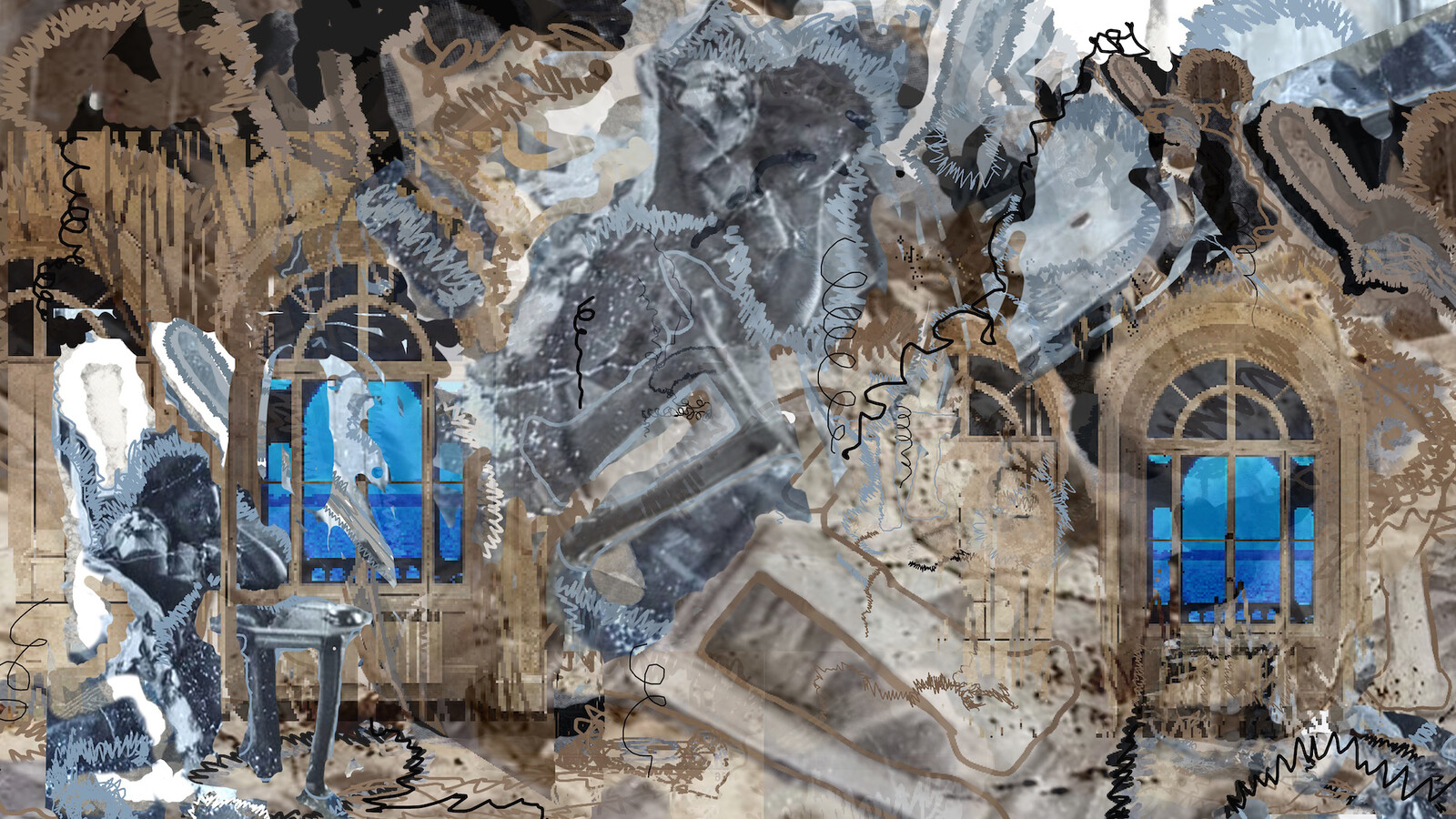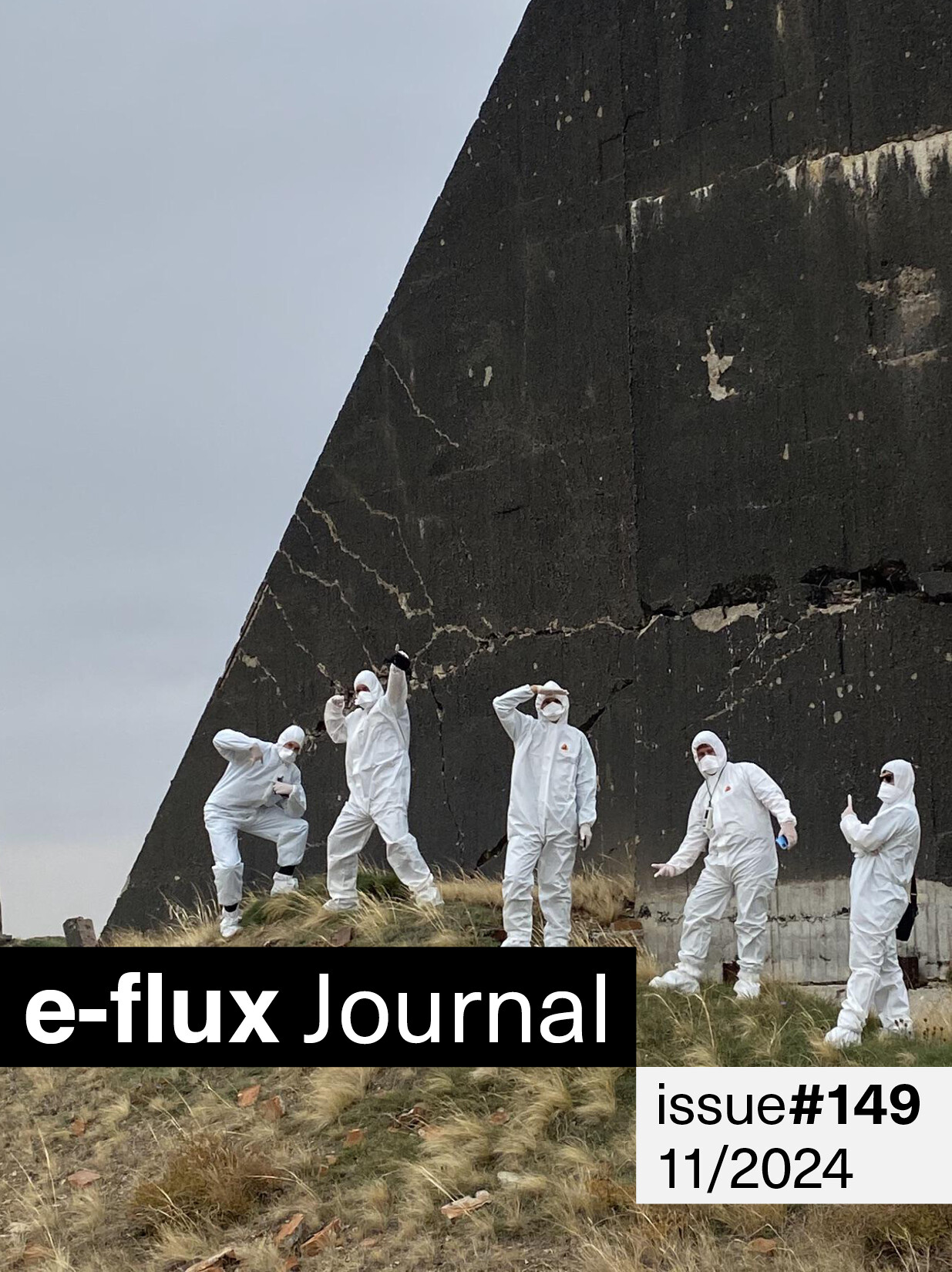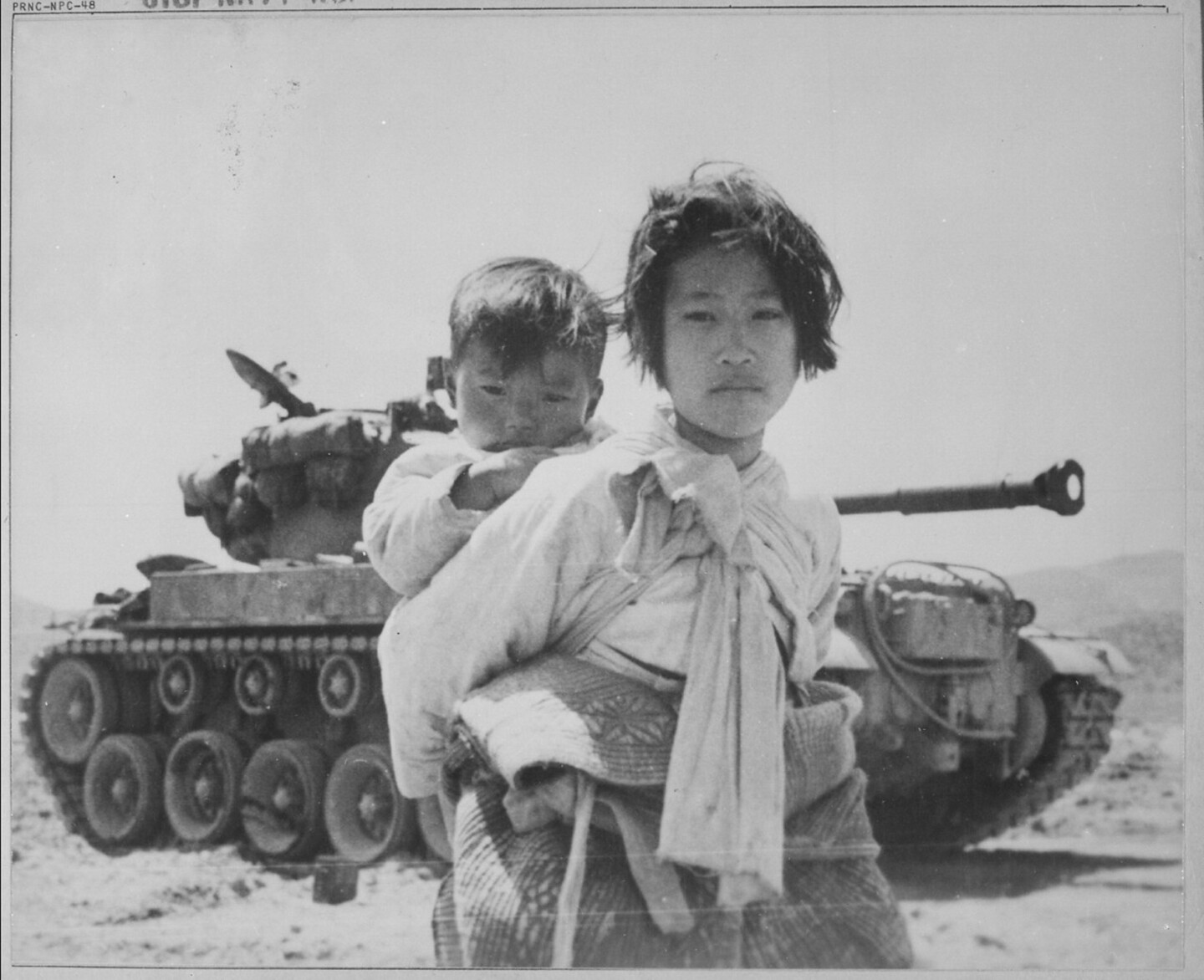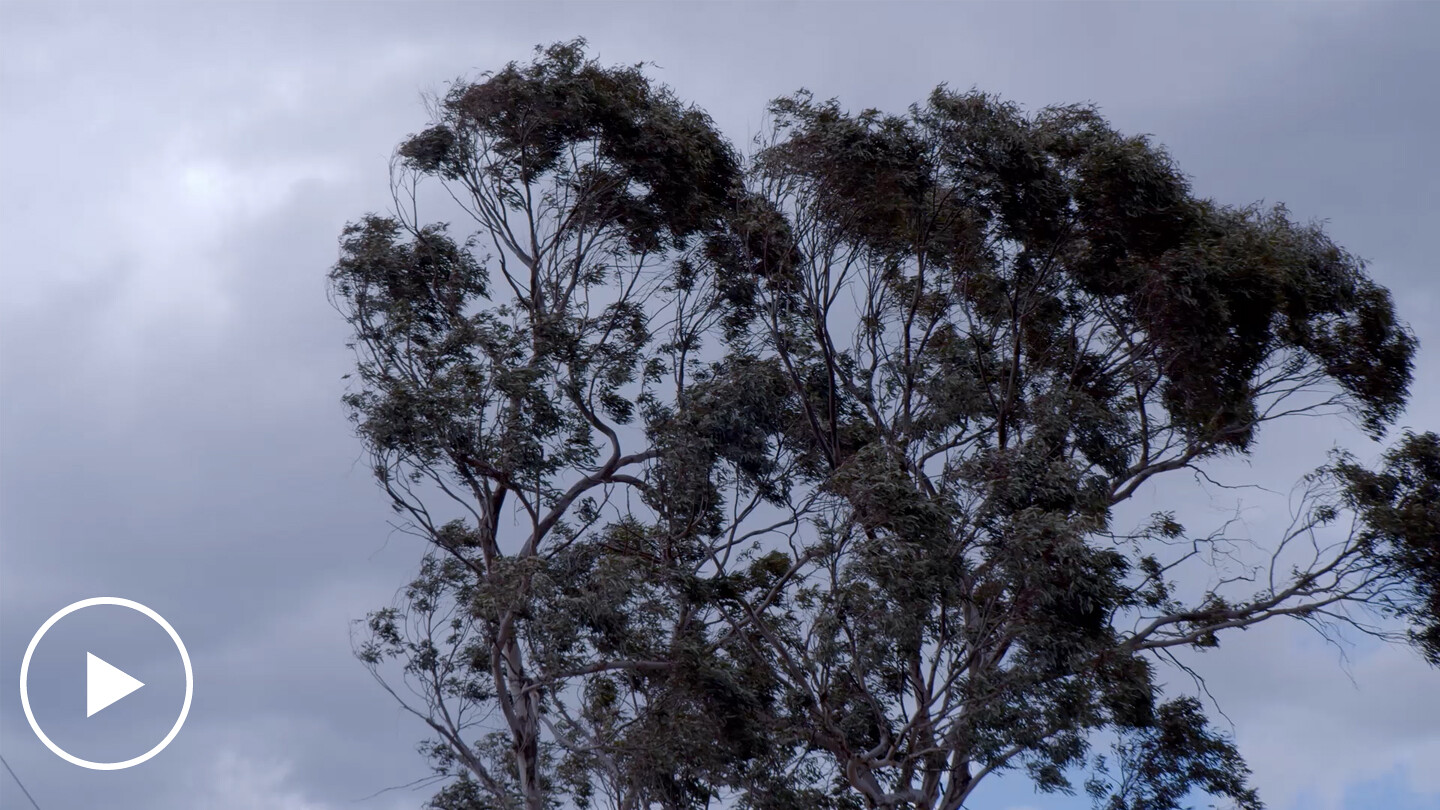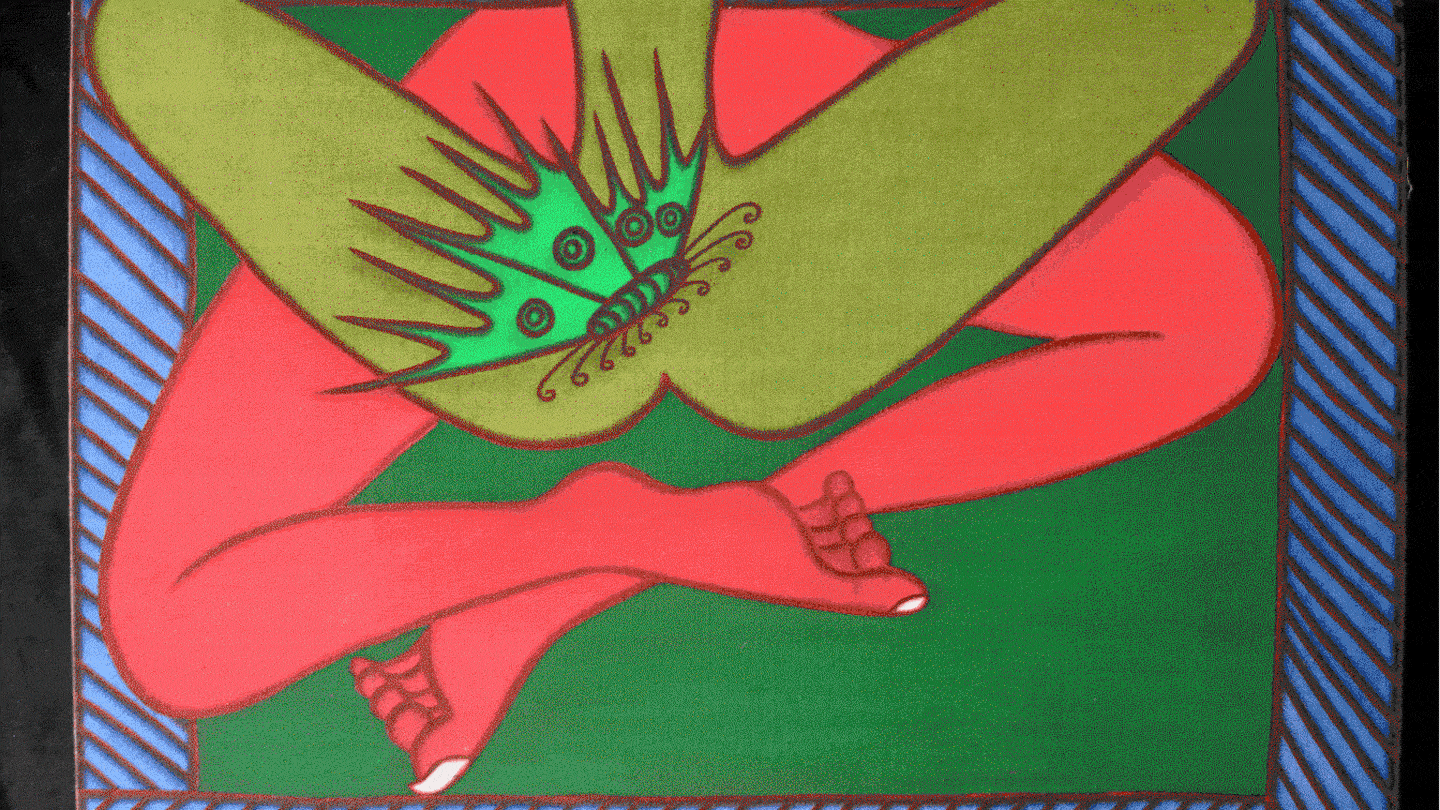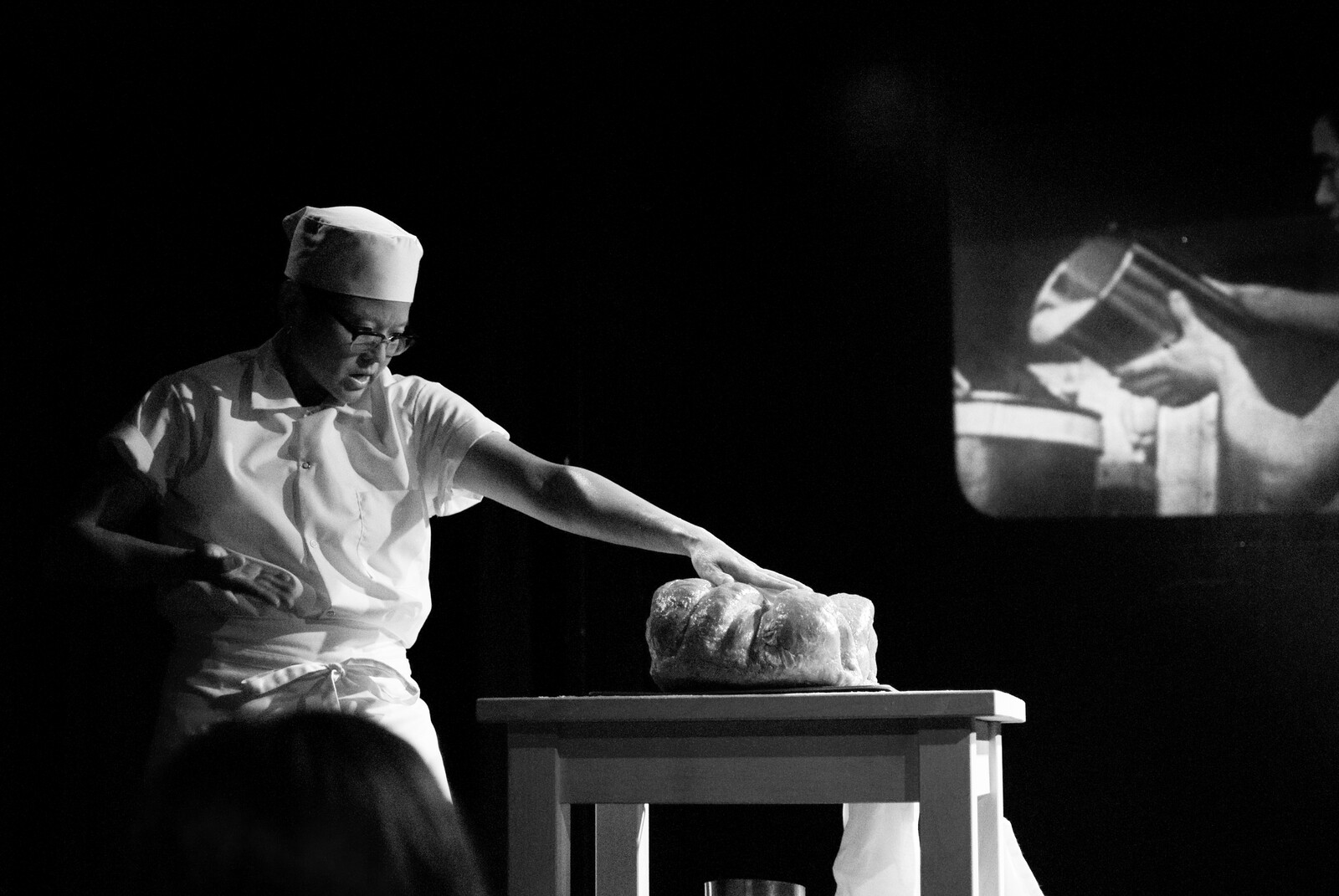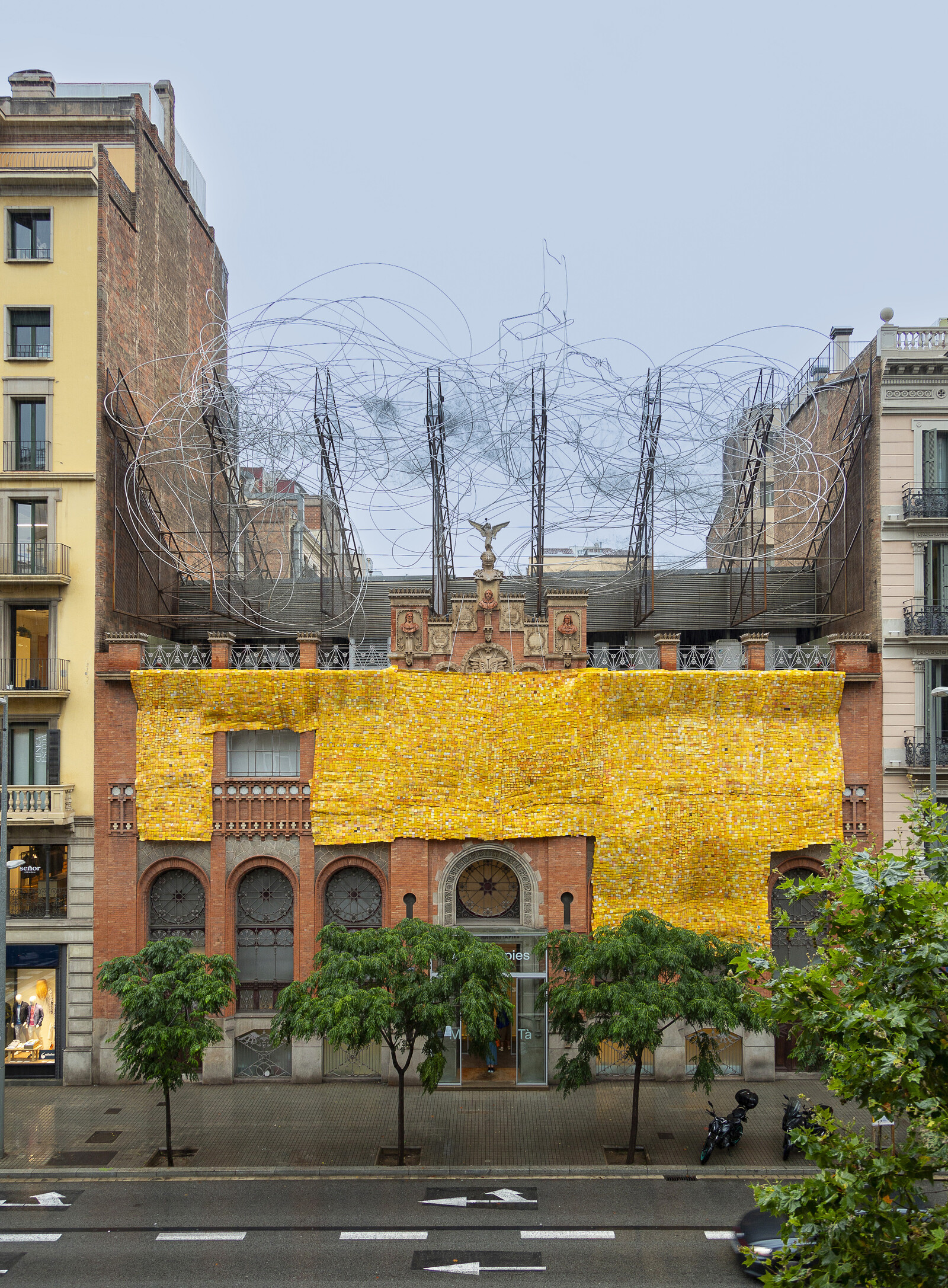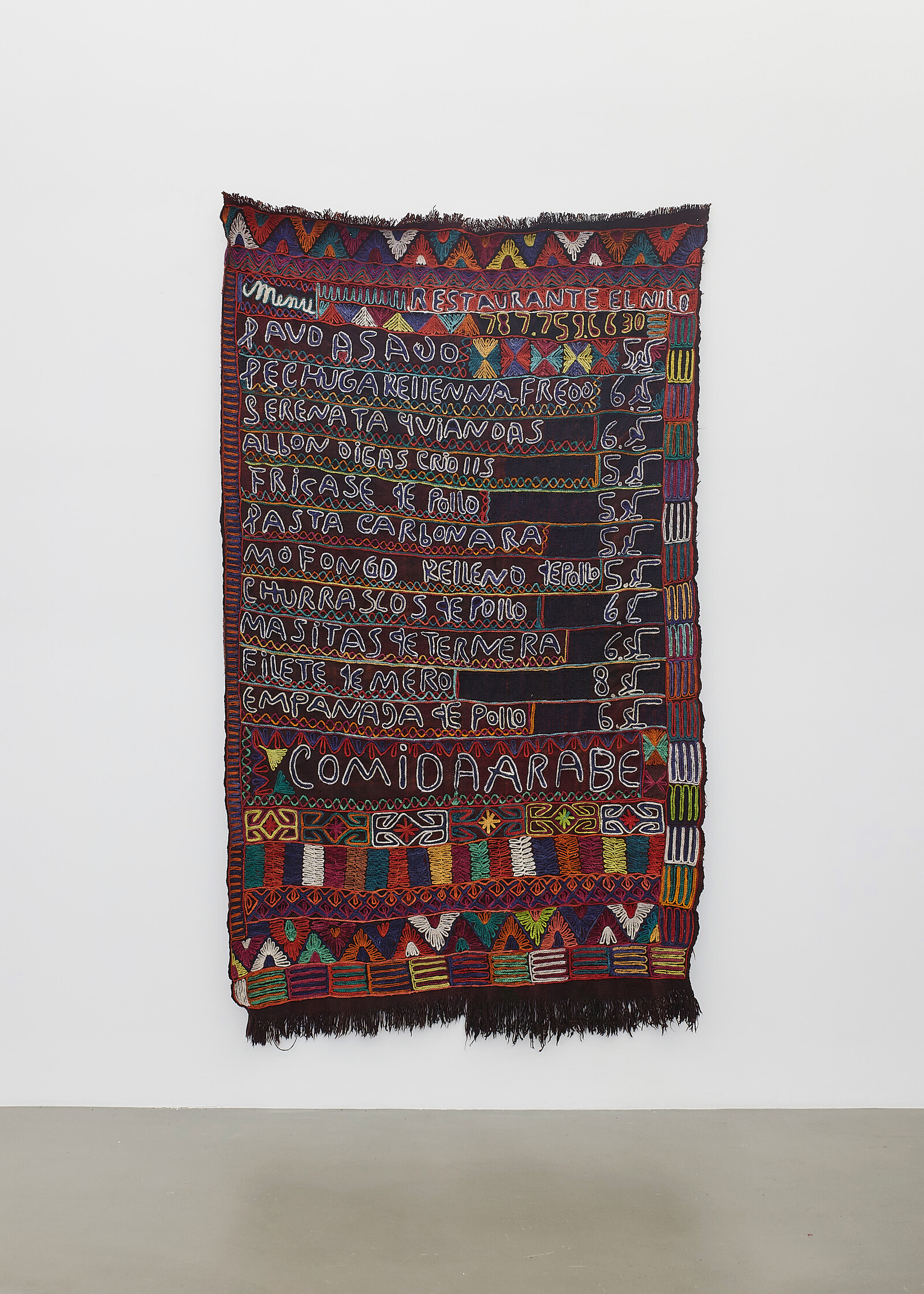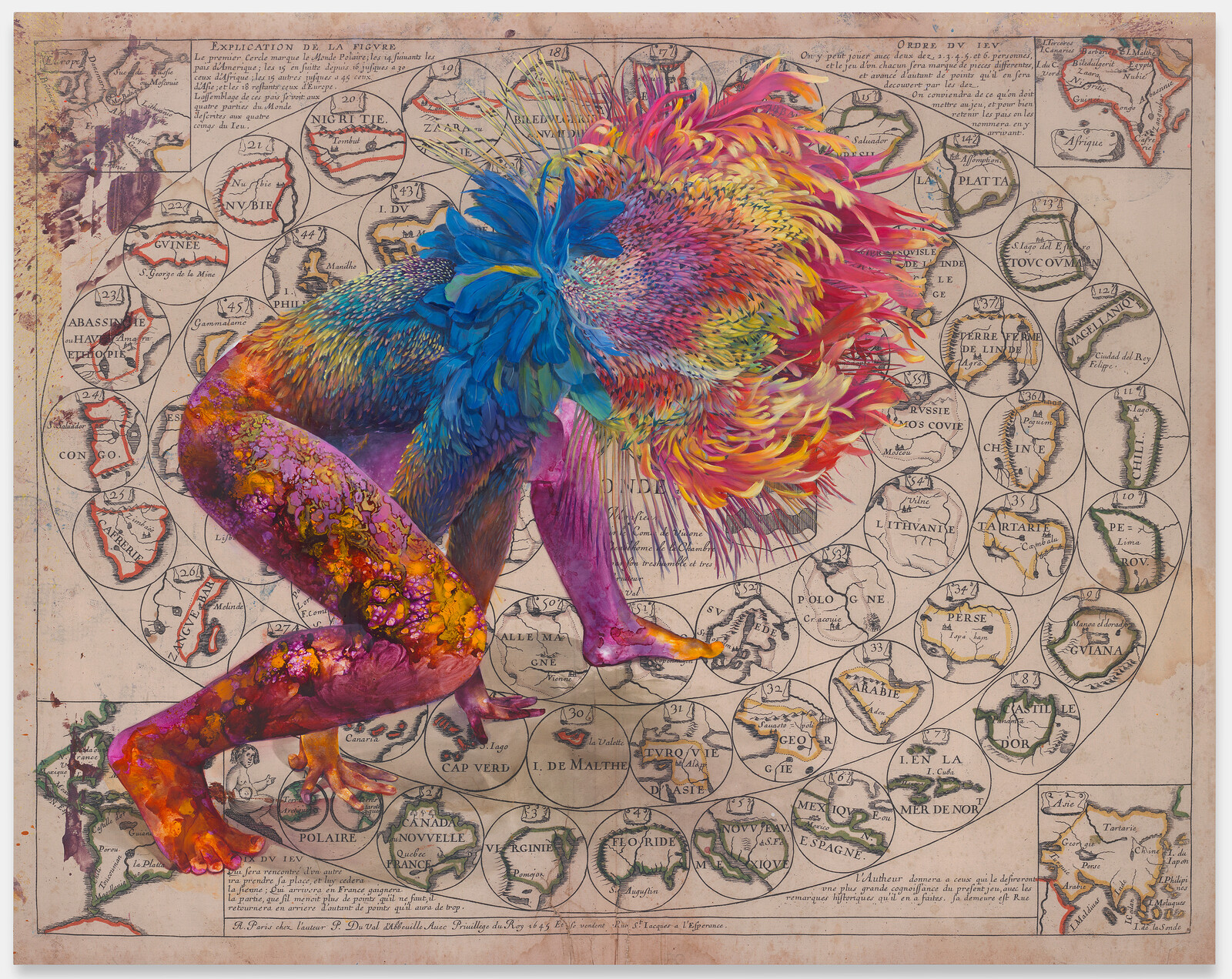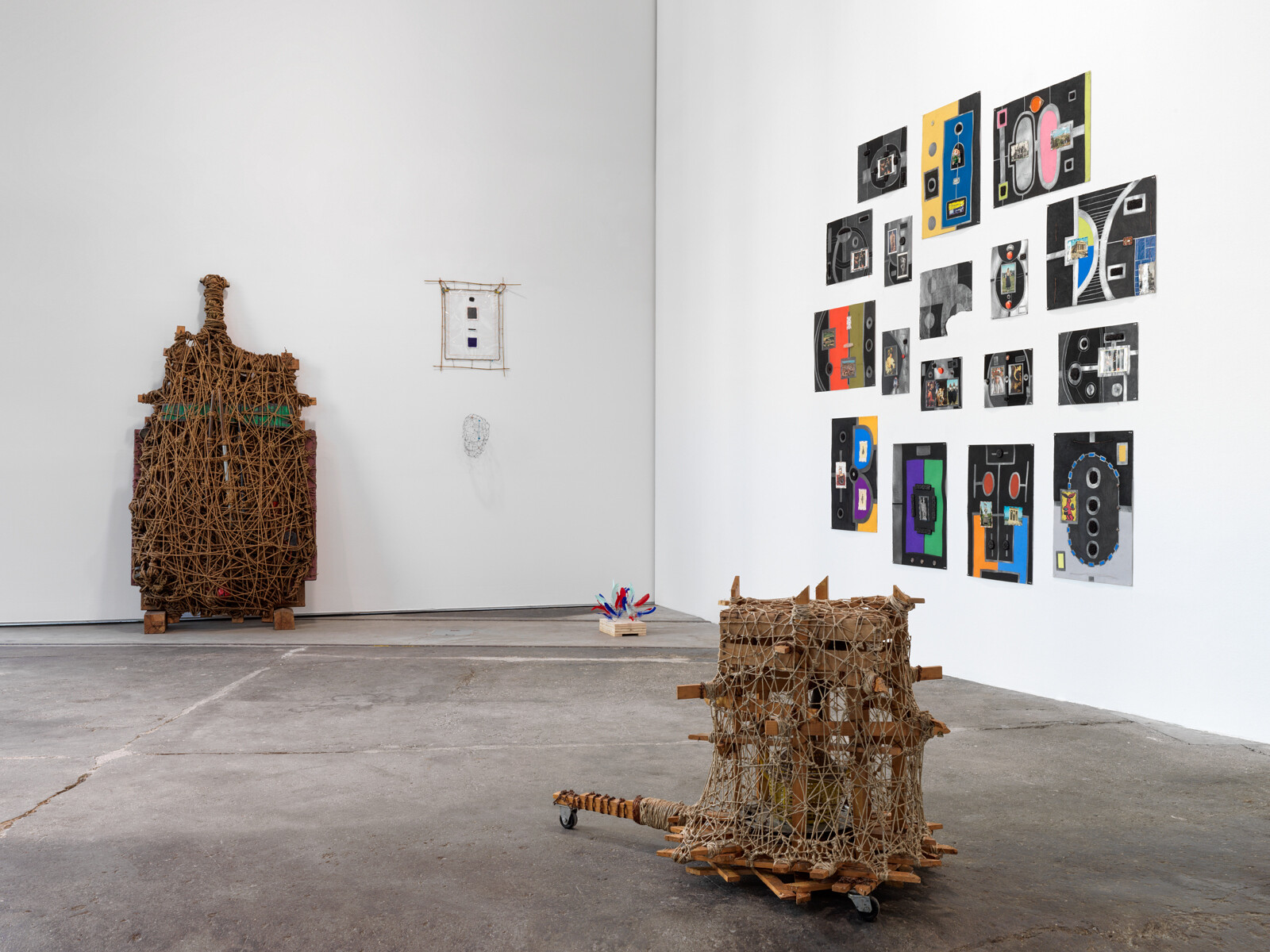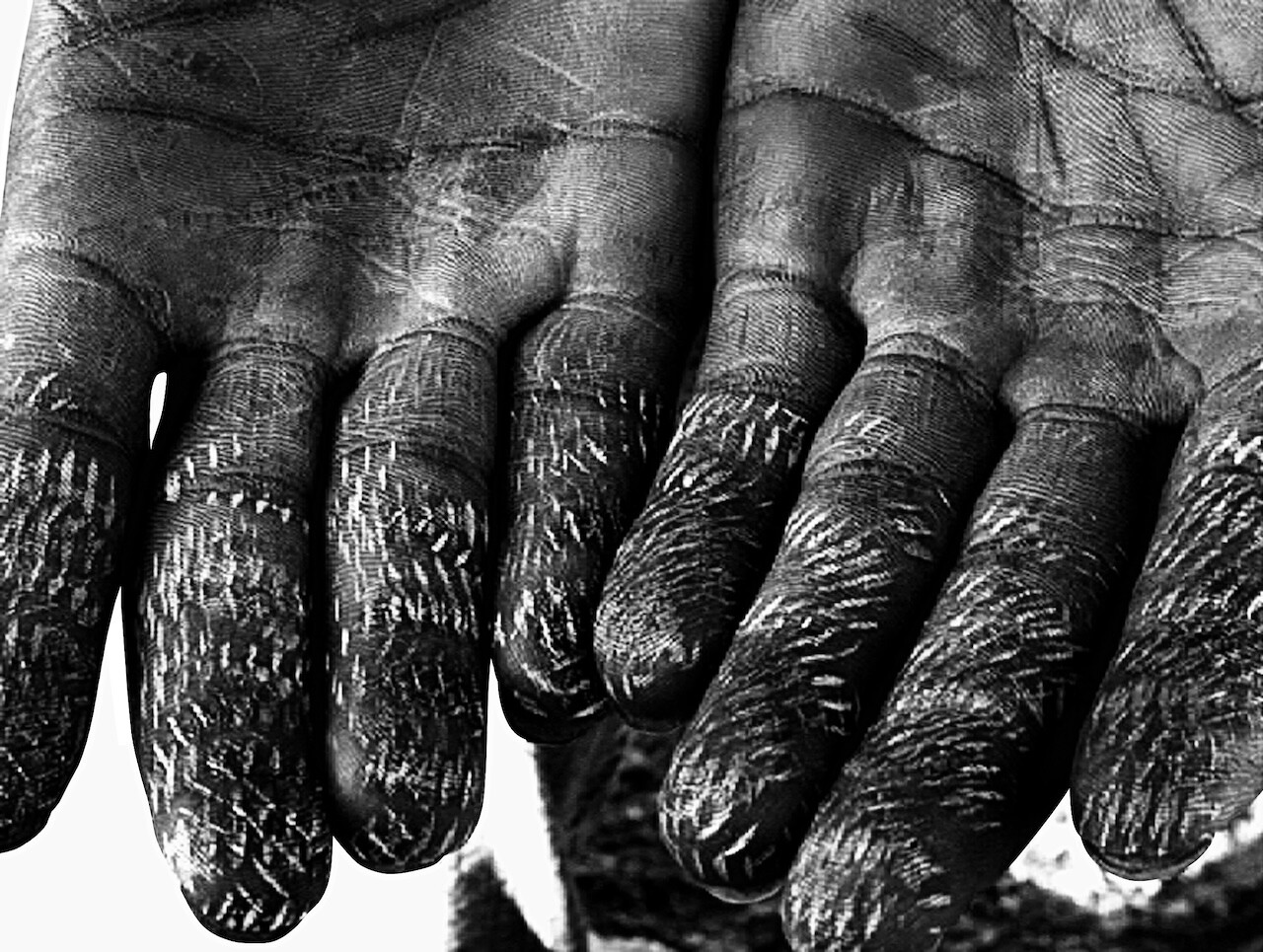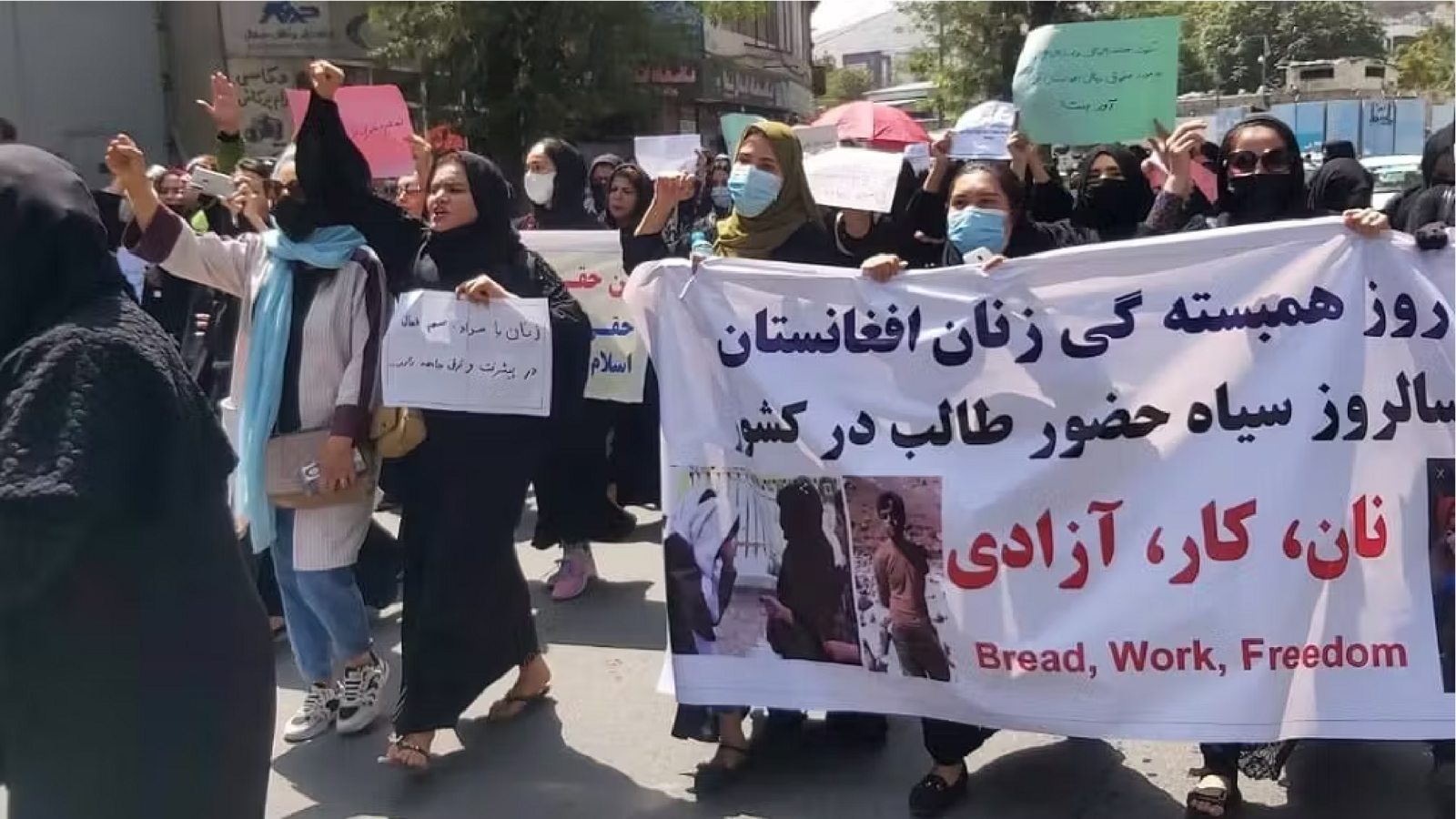For Choi, time becomes fused and stuck around trauma. To experience profound grief is to be taken out of the flow of time, yet “temporal magic” is what allows for an escape from the inexorable and crushing movement of history: grief as resistance and resistance as grief. There are very good reasons to lose one’s narratives, both as individuals and as nations. One of the goals of experimental writing like Choi’s is to disrupt official narratives, histories, and images along with, more importantly, their meanings—although they’re more like presumptions and predispositions—because narrative is a prime vehicle in which to smoothly embed them.
IV. Supernatural Agency and Queer Futures: Isadora Neves Marques, Peggy Ahwesh, and Mati Diop
Sylvain George: Screening and Conversation
The Jina uprising marked a significant turning point, leading to extensive transformations in Iran’s social and political landscape. Unprecedented alliances were formed as marginalized and subaltern groups united to voice their oppressions and participate in the movement, with oppressed Iranians—including women, young people, individuals with disabilities, the elderly, and members of the LGBTQ+ community—taking to the streets with an inclusive interpretation of the slogan “Woman, Life, Freedom.” Immigrants from Afghanistan, among the most marginalized groups in Iran, also joined the uprising. Their names are not only on the lists of the arrestees, but among the casualties of the uprising as well.
